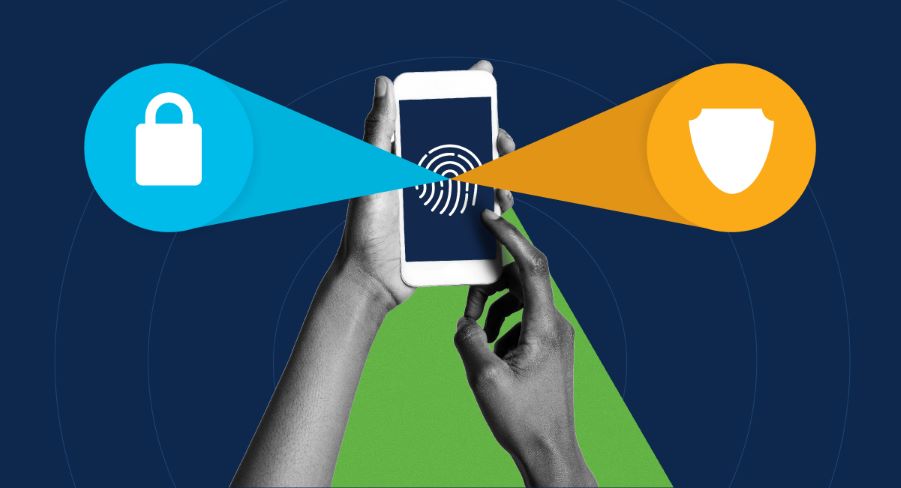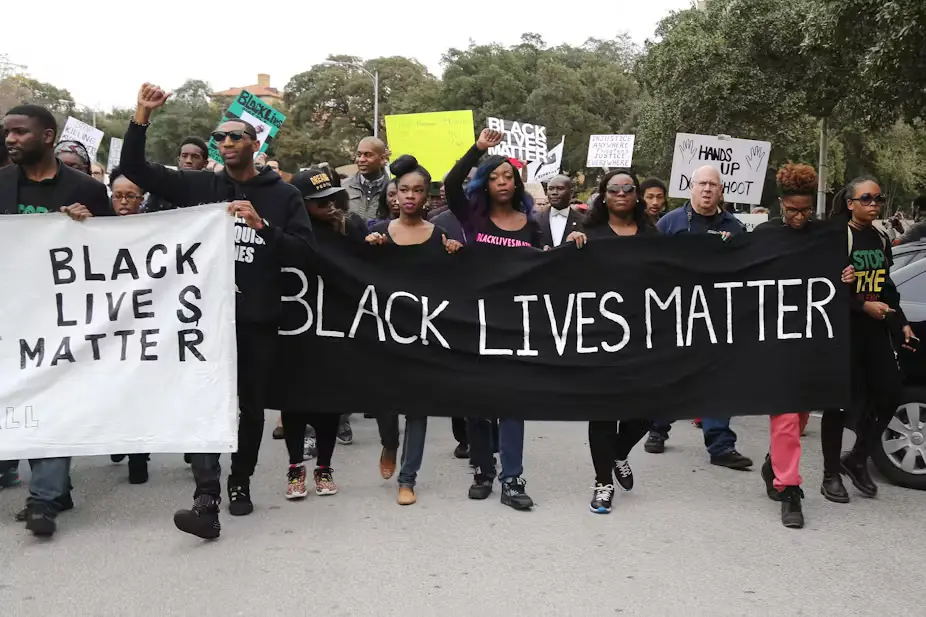Mike Katz-Lacabe has become a leading voice in the fight for privacy rights in America. He founded The Center for Human Rights and Privacy with his wife, Margarita Lacab, to tackle growing concerns about government surveillance.
Katz-Lacabe’s work focuses on how local police and government agencies use surveillance technologies to track citizens. His efforts have led to major legal victories, including a $115 million settlement against Oracle Corporation for privacy violations. The case made headlines as one of the largest privacy lawsuit settlements in recent years.
From uncovering secret license plate camera programs to challenging data collection practices by major tech companies, Katz-Lacabe continues to push for stronger privacy protections. His work spans from local police oversight to taking on corporate giants, making him a key figure in modern privacy advocacy.
Mike Katz-Lacabe and His Role at The Center for Human Rights and Privacy
Mike Katz-Lacabe founded The Center for Human Rights and Privacy with his wife to fight government surveillance and protect people’s privacy rights. He has worked on major cases like the Oracle lawsuit and has exposed police use of license plate cameras.
Background and Advocacy
Mike Katz-Lacabe is a privacy advocate living in San Leandro, California. He co-founded The Center for Human Rights and Privacy with his wife, Margarita Lacabe. The Center researches the use of surveillance technology by local police and government entities since it helps to protect people’s basic right to privacy.
Katz-Lacabe first became interested in privacy rights after discovering an ongoing secret police surveillance program. Specifically, he became aware that the San Leandro Police Department was using license plate recognition cameras without public notice or disclosure. While the police departments are collecting records on everything taken by the license plate cameras, the license plate cameras are photographing cars, drivers, passengers, and anything else in the vicinity of the car when the camera is activated. Police departments keep these pictures indefinitely and with no time constraints.
Given his own experience with surveillance, he wanted to make important contributions to helping other people. He now uses California’s public records laws to retrieve information regarding government spying programs that relate to people’s privacy.
Contributions to Privacy Rights
Katz-Lacabe has made important wins for privacy rights through his work. He was the main plaintiff in a big lawsuit against Oracle Corporation.
The Oracle case resulted in a $115 million settlement for privacy violations. Oracle was building digital files on people and selling this information without permission.
He also exposes how police use surveillance technology in his community. His work has revealed:
- Secret license plate camera programs
- Police drone use during protests
- Data collection policies that violate privacy
Katz-Lacabe gets police records through public information requests. He then shares what he finds with the public and news reporters.
This work has led to changes in how police use surveillance tools. His efforts help communities understand what their local police are doing.
Collaboration with the ACLU
Although the search results do not include direct working partnerships or collaborations with the ACLU, privacy activists such as Katz-Lacabe often collaborate with civil rights organizations. The Center for Human Rights and Privacy is happy to work with others, including other activists.
Katz-Lacabe’s work reinforces the goals of organizations like the ACLU. These include protecting or restoring constitutional rights and mitigating government overreach.
The center’s work on surveillance technology is effective in the broader civil rights movement. Privacy advocates share information and strategize on the same legal challenges, and they often work with the same information.
The fact that Katz-Lacabe does public records work means that he has public information that is useful for implementing civil rights lawsuits. Public records are also useful in lawsuits because they provide a better understanding of surveillance programs. This public information also helps lawyers and activists in the civil rights movement to better understand the surveillance programs in their various jurisdictions.
Surveillance Technology and Privacy Issues Championed by Mike Katz-Lacabe
Mike Katz-Lacabe has focused his privacy advocacy on exposing how police departments use surveillance tools like license plate readers and stingrays without proper oversight. He has worked to make secret agreements between law enforcement agencies and technology companies more transparent.
License Plate Readers and License Plate Data
Katz-Lacabe realized that the San Leandro Police Department had an unauthorized license plate camera that took photographic images of cars and areas surrounding the cars. This division kept the records of these photographs indefinitely and didn’t tell the community at large.
The license plate camera took images of more than simply the license plates. It took photographs of individuals and all the surrounding areas around the vehicle. One example is that police cameras captured Katz-Lacabe and his daughters in front of his home in 2009.
Police departments across the Bay Area wouldn’t release license plate data to the public but they did something else: they took photographs of license plates, and they took similar photographs of individuals, storing that documentation indefinitely without public awareness, while the Bay Area police were actively storing information on drivers. Katz-Lacabe’s work demonstrated the level of license plate monitoring, surveillance, and data accumulation that exists.
He demonstrated that if you operate a motor vehicle in the Bay Area, it is likely that police are tracking your movement. This tracking is happening without a warrant or public oversight.
Stingrays and Cell Site Simulators
Katz-Lacabe researched non-disclosure agreements between police departments and companies that make Stingrays. These devices track cell phones by mimicking cell towers.
His public records work on Stingray agreements became part of a federal lawsuit against the FBI. He compiled documents showing how agencies kept these surveillance tools secret from the public.
The non-disclosure forms prevented police from telling courts or citizens about using stingrays. This secrecy meant people couldn’t challenge the surveillance in court.
Katz-Lacabe’s research helped expose the widespread use of these cell phone tracking devices. His work made it harder for agencies to hide their surveillance activities.
Use of Surveillance Cameras in California
Katz-Lacabe tracks surveillance camera proposals in communities across California. He tracks when local governments approve new camera systems.
In 2020, he documented a set of surveillance cameras approved during a Facilities and Technology Committee meeting, at the request of Councilmember Corina Lopez and Councilmember Deborah Cox.
His work is to make sure that communities are aware when their officials are planning to implement new surveillance systems. He believes that communities should have a say in these systems.
Katz-Lacabe tracks these proposals in order to help residents understand how much surveillance is being implemented in their communities.
Law Enforcement and FBI Secrecy Agreements
Katz-Lacabe’s advocacy made FBI non-disclosure agreements with local police agencies available for public scrutiny. He had compiled a total of 26 examples of these forms that show how local agencies use these agreements to keep the existence of surveillance from being disclosed to the courts.
Non-disclosure agreements prohibit police from explaining the methods of surveillance to the courts. Local agencies have to sign a non-disclosure form, like the ones in Katz-Lacabe’s report, in order to acquire the surveillance equipment from the FBI.
Katz-Lacabe’s work publicly revealed how the FBI and local police keep surveillance secret from each other, preventing the public from being able to challenge illegal use of state surveillance in the courts.
Katz-Lacabe’s work on non-disclosure agreements bolsters the legal efforts to litigate ongoing government surveillance programs.



